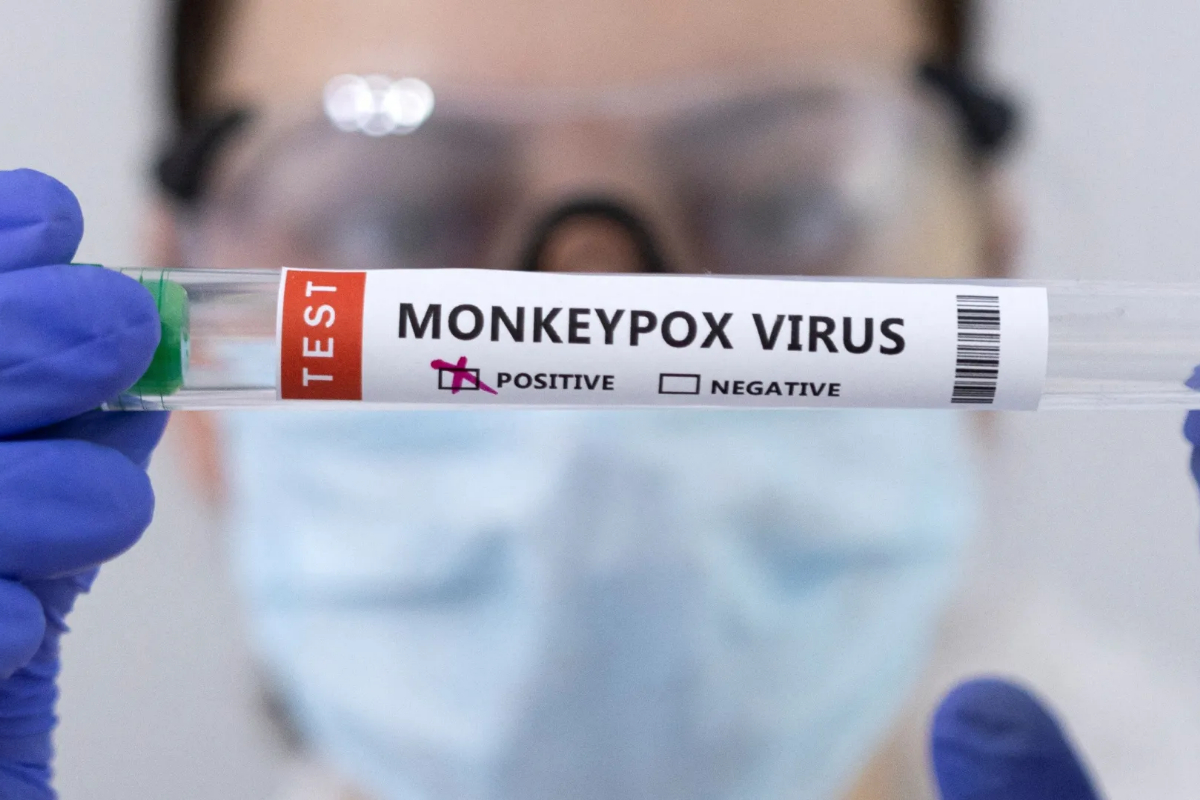- The ECDC reported that the overall risk to the general population in the EU.
- However, it recommends high levels of preparedness planning and awareness-raising activities.
- The ECDC states Europe is “highly likely” to see more imported cases.
On Friday, the European Union health agency urged its member states to prepare for more cases of a deadly mpox strain, following Sweden’s announcement of the first case outside Africa. In its risk assessment, the European Center for Disease Prevention and Control (ECDC) reported that the overall risk to the general population in the EU and European Economic Area (EEA)—which includes 30 countries—remains “low.”
However, it “recommends that public health authorities in the EU/EEA maintain high levels of preparedness planning and awareness-raising activities to enable rapid detection and response.”
The Stockholm-based health body stated that Europe is “highly likely” to see more imported cases.
“Due to the close links between Europe and Africa, we must be prepared for more imported clade I cases,” ECDC director Pamela Rendi-Wagner said in a statement.
This week, the World Health Organization (WHO) declared the rapid spread of the new, more dangerous mpox strain, Clade 1b, a public health emergency of international concern—the highest level of alert the UN agency can issue. The virus has swept through the Democratic Republic of Congo, where the government reported that it has killed 548 people so far this year.
This week, Sweden and Pakistan reported the first cases of the virus outside of Africa, while the WHO warned that further imported cases of the new strain in Europe are likely.
In an updated risk assessment, the ECDC said that the “overall risk for the EU/EEA general population is currently assessed as low, based on a very low likelihood and a low impact.”
However, it added in the statement that the likelihood of infection for people from Europe “traveling to affected areas who have close contact with affected communities is high.”
“Additionally, there is a moderate risk for close contacts of possible or confirmed imported cases” to Europe.
The virus, which causes the infectious disease, spreads to humans from animals but can also transmit from person to person through close physical contact. The disease leads to fever, muscular aches, and large boil-like skin lesions.
[embedpost slug=”nigeria-reports-39-new-mpox-cases-this-year/”]





















